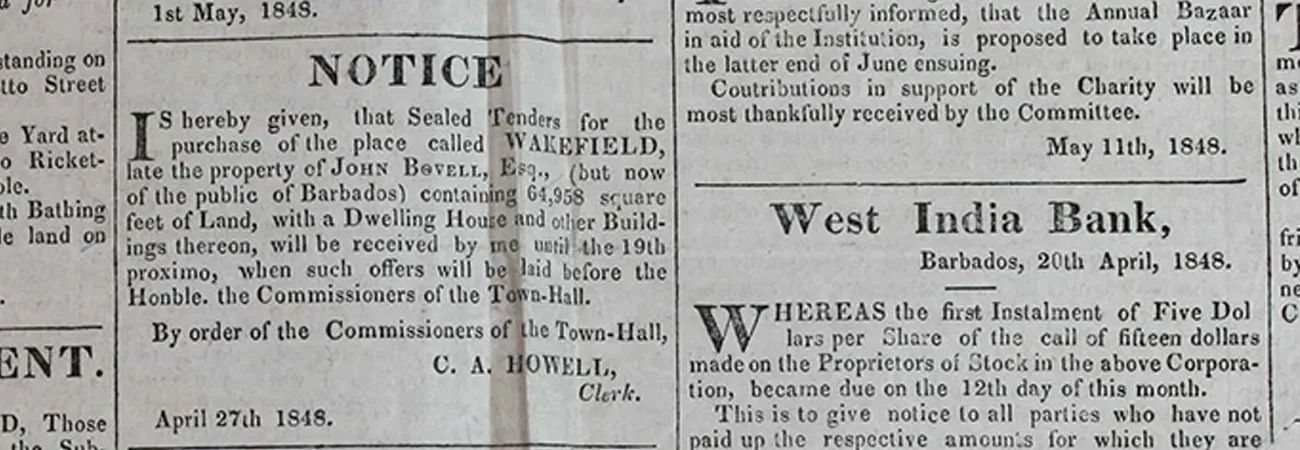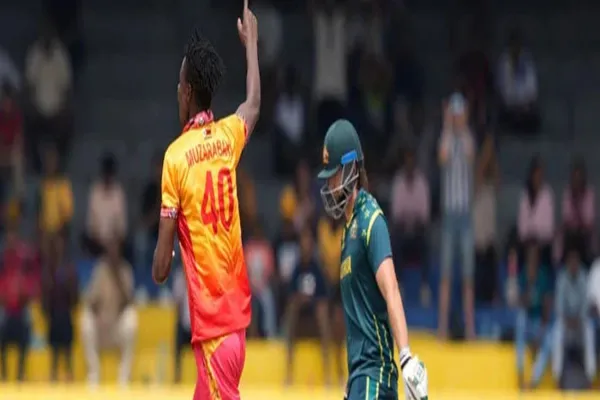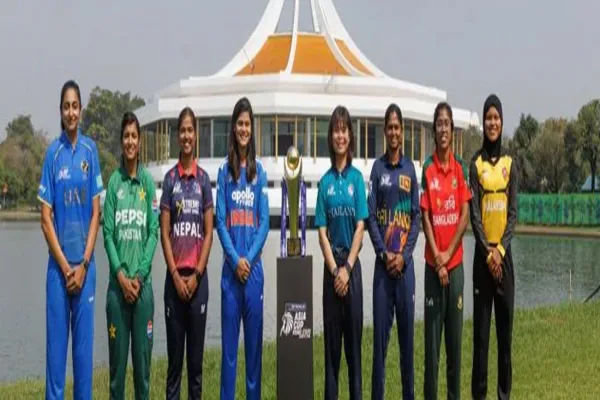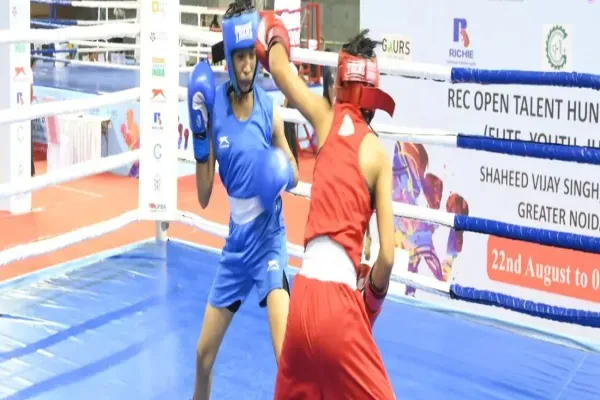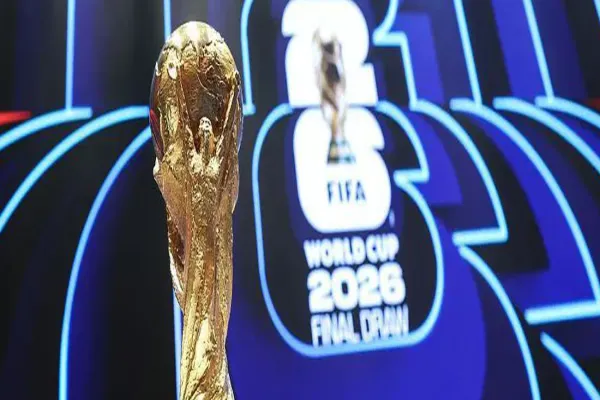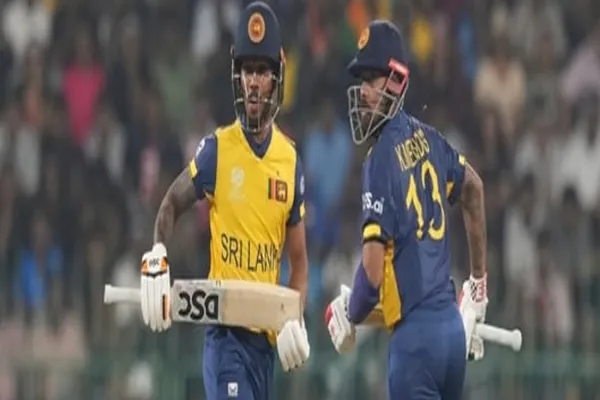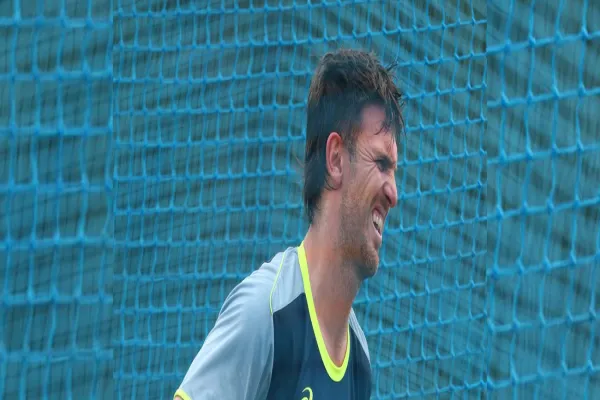i NEWS SPORTS
India commenced their tour of the Caribbean at the darkest moment in West Indies cricket's 95-year history. Cricket fans across the islands are incensed with the disastrous performances of the team in the World Cup qualifiers in Zimbabwe, which ensured that the West Indies will be absent from the showpiece tournament for the first time when it takes place in India later this year.
Ever since the infamous series against Australia in 1995, when the glory days of West Indies cricket ended, the team's bad moments have often been followed by a predictable cacophony of outrage in the Caribbean. Now another cycle of blood-letting is being called for, suggesting replacements for the president, board members, executives, selectors, coach and players. Yet as familiar as this reaction might seem, something feels cataclysmically different about this latest episode of a downward-spiralling saga of indignity. As he did when the West Indies exited the T20 World Cup in the first round last year, Prime Minister of Trinidad and Tobago Dr. Keith Rowley issued a withering assessment on his government Facebook page after the West Indies lost to the Netherlands in the qualifiers. "Today I saw the worst cricket match ever played by a West Indies team," he began.
In many ways, Dr Rowley's scathing post after the T20 World Cup debacle held more value, because it called upon the region to settle a question that feels increasingly relevant with each new embarrassment: "Who owns West Indies cricket?" Through a basic understanding of geography, most of the cricket world know that the West Indies is not a country. But have they ever truly understood the intricate complexity of the sporting, political & societal factors that made the team legendary in the past, and make them poor now? Dr Rowley's question was a reminder that those complexities make it difficult even for people living in the region to understand where the credit for West Indian success, and responsibility for its failure, might lie.
West Indies is the only multi-nation sports team that operates globally on an annual basis. The only similar case is Team Great Britain, which comes together every two years at the Olympics or World Athletics Championships. Multi-nation football teams like the Soviet Union (USSR), Yugoslavia, Serbia & Montenegro, and the Korean Republic, have all broken up for political reasons. While the political dynamics that existed within those examples are not true in the Caribbean, which just celebrated 50 years of harmonious CARICOM existence, the quasi-national sports construct that is West Indies cricket looks to be at the end of its tether. This is exacerbated by the lack of support from a poorly-led ICC global structure, and from corporate and governmental bodies in the Caribbean, who have been reluctant to give money to Cricket West Indies given the team's consistent losses.
"How do we create an even more professional franchise system in the Caribbean, whether T20 or red-ball cricket, and have everyone pulling in the same direction?" former West Indies fast bowler and regular commentator Ian Bishop says. "That is something I cannot answer. But we need to, because I do not see how going it alone - as some people say in the Caribbean for Trinidad or Jamaica to go it alone - will work. To me, that is not a relevant idea."
Discussion of some Caribbean nations "going it alone" is not new, but the qualifiers calamity has meant that the idea can no longer be avoided. If the focus is solely on fixing "West Indies", then the big picture of saving the wider Caribbean cricket ecosystem would be lost given the global dynamics of world cricket, which increasingly threaten the teams and organizations' existence.
Historically the first great post-World War II West Indies team, from about 1963 to 1968, had a strong Barbadian influence. It was captained by the legendary Frank Worrell and Garfield Sobers, and included the fast-bowling pair of Wes Hall and Charlie Griffith and key players like Conrad Hunte, Seymour Nurse and allrounder David Holford. Barbados even challenged a World XI in 1967.
More recently, Indian fans will remember the Trinidad team that almost won the 2009 Champions League T20, narrowly losing the final to a New South Wales team that was chock-full of Australian internationals. That Trinidad side were undoubtedly good enough to be an international white-ball team if this XI played often enough.
Credit : Independent News Pakistan-INP



